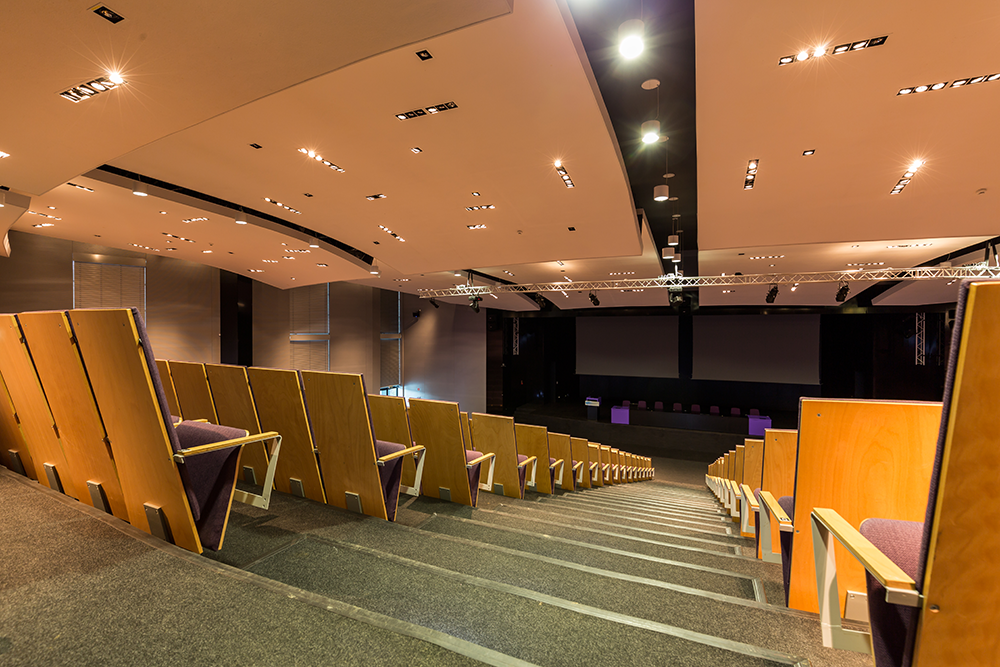If Israelis expected the world to be horrified at the atrocities committed by Hamas and by Gazan civilians against Israeli citizens, they were quickly disabused of such a hope. Shockingly, celebrations of the Hamas attacks were widespread, followed by justifications...
Results for "tunisia"
Beijing’s Minions Don’t Belong on Canadian Stock Exchanges
The Chinese economy is growing and surpassing the U.S. economy in size. That stature, with its consequent soft and hard power, means opposition to the Communist Party of China (CPC) regime needs to be multilateral. No matter how much unipolarity the U.S. has enjoyed...
Canadian Government Imposes ‘Social Justice’ on All Universities
The Liberal government of Canada has formulated a new program to which all universities are expected to commit. It is called “Dimensions: Equity, Diversity, and Inclusion.” A “Charter” for “Dimensions” has been distributed to all university presidents, who are urged...
Suffocating Bureaucracy & Failed Institutions
The real reason for the collapse of embryonic civil society in Egypt appears to be poorly understood.
Within this excellent article in the UK The Telegraph , by the Editor of The Spectator Fraser Nelson “It is capitalism, not democracy, that the Arab world needs most” ( h/t Australian Institute of Public Affairs … Hey… what did I miss? newsletter ) , the real reasons for this failure are explained.
Featured News
Canadian Property Rights Index 2023
A Snapshot of Property Rights Protection in Canada After 10 years
Alberta Politics and Empty Promises of Health-care Solutions
The writ has been dropped and Albertans are off to the polls on May 29. That leaves just four weeks for political leaders and voters to sort out what is arguably the most divisive, yet significant, issue for this election - health care. On Day 2, NDP leader Rachel...
It Is Capitalism, Not Democracy, That the Arab World Needs Most: Property rights for aid: this could be the most effective anti-poverty strategy in history
To watch events in Egypt is like seeing a videotape of the Arab Spring being played backwards. The ballot box has been kicked away, the constitution torn up, the military has announced the name of a puppet president – and crowds assemble in Tahrir Square to go wild with joy. The Saudi Arabian monarchy, which was so nervous two years ago, has telegrammed its congratulations to Cairo’s generals. To the delight of autocrats everywhere, Egypt’s brief experiment with democracy seems to have ended in embarrassing failure.
Are we misreading the Arab Spring?
Property rights and a basic commitment to the rule of law would be a part of extending freedom to these countries.
The Secret to Reviving the Arab Spring’s Promise: Property Rights: The protests that toppled governments were fueled by anger over the lack of a basic element in market economies.
Research in the region conducted by my organization, the Peruvian-based Institute for Liberty and Democracy, has found strong evidence that the Arab Spring revolution was rooted in a desire for what in the West would be called a market-based economy. Arabs and others may not always use that phrase, but their desire for the economic security that comes with property rights and other rights is a force that the foes of individual freedom will not easily overcome. The challenge is to harness that force by offering people of the region the legal protections and security that are the bedrock of all successful economies.
Canadians Vote With Their Feet: Subsidizing poorly performing parts of the country can’t substitute for the policy choices that foster prosperity, writes Brian Lee Crowley
No man is an island. What is true of individuals is doubly true of societies. When even in authoritarian societies such as Iran and China, YouTube videos from Tunisia, Britain or Argentina can be viewed the instant they are posted, even the humble and the oppressed know what life is like elsewhere.
The Free Market Secret of the Arab Revolutions
In the wake of the overthrow of three autocrats, not enough credit has been given to the mighty consensus that triggered the uprising – the desire of a vast, underclass of people to work in a legal market economy. In the culturally diverse Middle East and north Africa, the one common thread is its informal economy. This is the key to future growth and indeed stability.
Egyptian protests and the rise of First Nation democracy
While many have conflicting interpretations of what exactly is going on in Egypt right now (or Tunisia as well), it is clear satisfaction or tolerance with the status quo has been depleted. What is not clear is the future. Whether this will mean a new...


